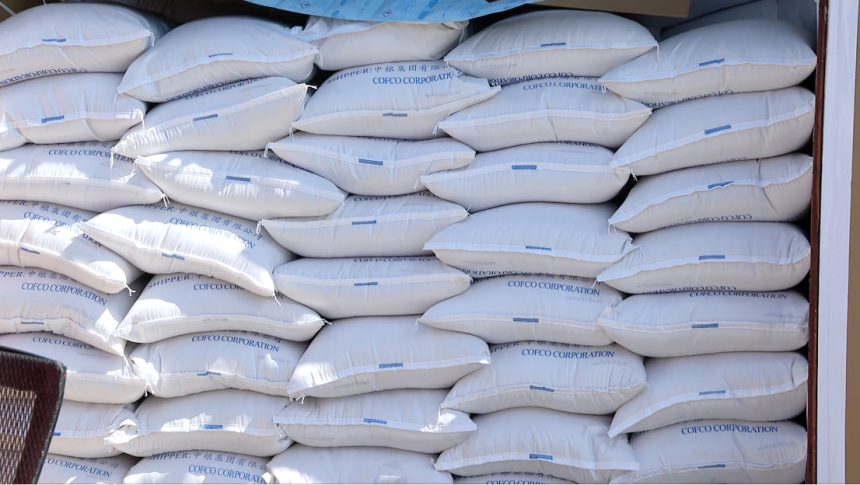The High Court has temporarily stopped the government from implementing its plan to import 500,000 metric tonnes of duty-free rice, following a legal challenge by the Farmers Party.
Justice Edward Muriithi issued conservatory orders suspending the decision contained in Gazette Notice No. 10353 of July 28, 2025, by National Treasury Cabinet Secretary John Mbadi. The notice had granted millers and importers a duty-free window to bring in milled white rice until December 31, 2025.
“It is hereby ordered; THAT the application for conservatory order to stay the implementation of the Cabinet Secretary’s decision… is certified urgent in view of the relief sought,” Justice Muriithi stated in his ruling.
The Farmers Party, which filed the application on August 3, 2025, argues that the importation plan is a direct disadvantage to local rice farmers who, they claim, have sufficient stock to meet national demand. In a statement, the party termed the Cabinet Secretary’s decision “unreasonable, irrational, illegal and in gross violation of the Constitution of Kenya, 2010.”
The Agriculture and Food Authority (AFA), named as the second respondent in the case, defended the government’s move, calling it a strategic measure to avert a potential supply shortfall. AFA cited recent shocks in global supply chains and rising international prices as reasons for the duty-free imports.
According to AFA data, Kenya consumes approximately 1.3 million metric tonnes of rice annually, against a domestic production capacity of about 254,000 metric tonnes. The deficit is typically met through imports.
However, the Farmers Party maintains that the timing and scale of the imports could hurt local growers, especially in rice-producing regions such as Mwea, Ahero, and Bunyala, where farmers are currently in peak harvesting season. They argue that the influx of cheaper, duty-free rice will depress market prices and undermine local production.
The court is scheduled to hear the case and issue further directions on August 14, 2025. Until then, the government’s importation plan remains suspended.
The outcome of the case could have significant implications for Kenya’s food security policy, balancing the need to stabilize market prices and supply against the protection of local agricultural industries.

